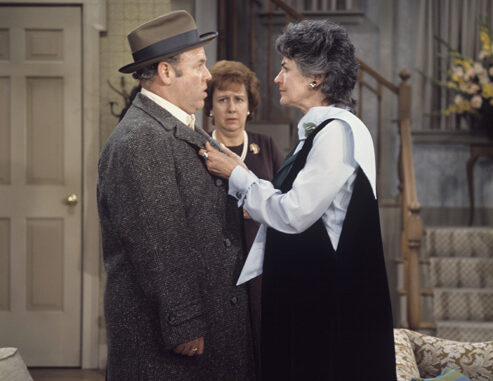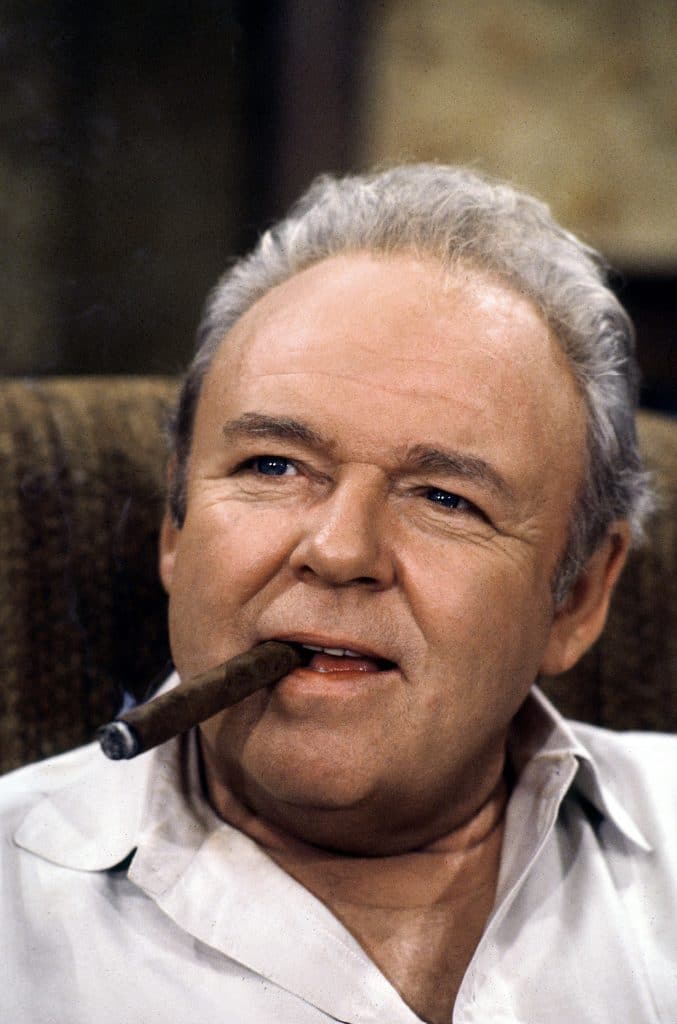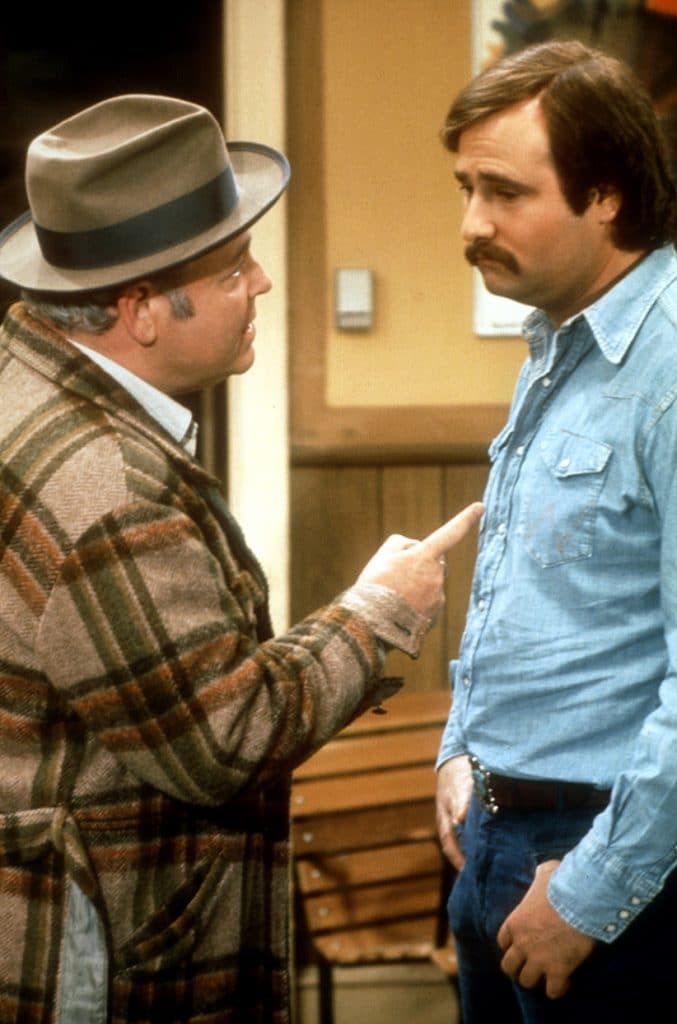
Carroll O’Connor and Archie Bunker are virtually synonymous in the minds of television viewers. However, behind the iconic character lies a fascinating life story that reveals a man with ambitions far removed from the Bunkers’ humble living room in Queens, New York.
Early Aspirations and Unexpected Paths
“I had no ambition to be an actor,” O’Connor once admitted in 1972. He envisioned himself as a professor of European history, hoping to write historical novels on the side. After being rejected by the Navy for World War II service, he joined the U.S. Merchant Marines and later found himself enrolled at the University of Montana, seeking a traditional education. It was here that his life took a pivotal turn.
Born on August 2, 1924, in New York City, O’Connor found his voice at the University of Montana, where he became editor of the student newspaper, The Montana Kalmin, and performed in plays with the school’s acting troupe, The Masquers. This experience quickly caught the attention of local critics, who recognized his talent.
In 1949, the Great Falls Tribune highlighted O’Connor’s burgeoning career, noting his impressive performance in Winterset. The following year, he was cast as Webb in Our Town, alongside the legendary Helen Hayes, foreshadowing a promising future.
A Journey Through Education and Theatre
O’Connor’s educational journey included a stint in Ireland, where he helped his younger brother pursue medical studies. While studying at University College Dublin, he continued to nurture his passion for acting. By 1955, after returning to the University of Montana, he earned a master’s degree in speech and began to establish himself as a playwright.
His early works included A Seraph Intercedes, which explored Irish anti-partitionist sentiments, and he directed productions such as Carousel. These experiences paved the way for his first major break in 1958 when he starred alongside Zero Mostel in an off-Broadway production directed by Burgess Meredith.
Rising to Fame
O’Connor’s film career began with small roles, including an uncredited appearance in The Defiant Ones (1958) and performances in films like Cleopatra (1963) and Kelly’s Heroes (1970). Simultaneously, he made guest appearances on several television series, including The Untouchables and Mission: Impossible, honing his craft and gaining recognition.
His performance in What Did You Do in the War, Daddy? caught the attention of producer Norman Lear, who was adapting the British sitcom Till Death Us Do Part. Lear instinctively saw O’Connor as the perfect fit for the role of Archie Bunker, despite the character’s roots being partially inspired by Lear’s own father.
The Legacy of Archie Bunker
When All in the Family debuted in 1971, it broke new ground in television by tackling controversial issues through the lens of humor. O’Connor’s portrayal of Archie, a character steeped in bigotry and prejudice, was layered with complexity. He often expressed sympathy for Archie, acknowledging that the character was a product of his upbringing. “You have to remember, Archie is a victim, too. Of his own education and background,” O’Connor reflected.
Lear recognized the unique synergy between himself and O’Connor, stating, “Carroll and I didn’t always agree about the scripts, but let me say that I worshipped the ground he walked on. He was Archie Bunker.”
The chemistry between O’Connor, Jean Stapleton (Edith Bunker), and their co-stars contributed to the show’s success and cultural impact, making it one of the most significant sitcoms in television history.
As we celebrate the legacy of All in the Family, it’s essential to remember Carroll O’Connor not just as Archie Bunker, but as a multifaceted individual whose journey took him from a newspaper editor to one of television’s most beloved icons
